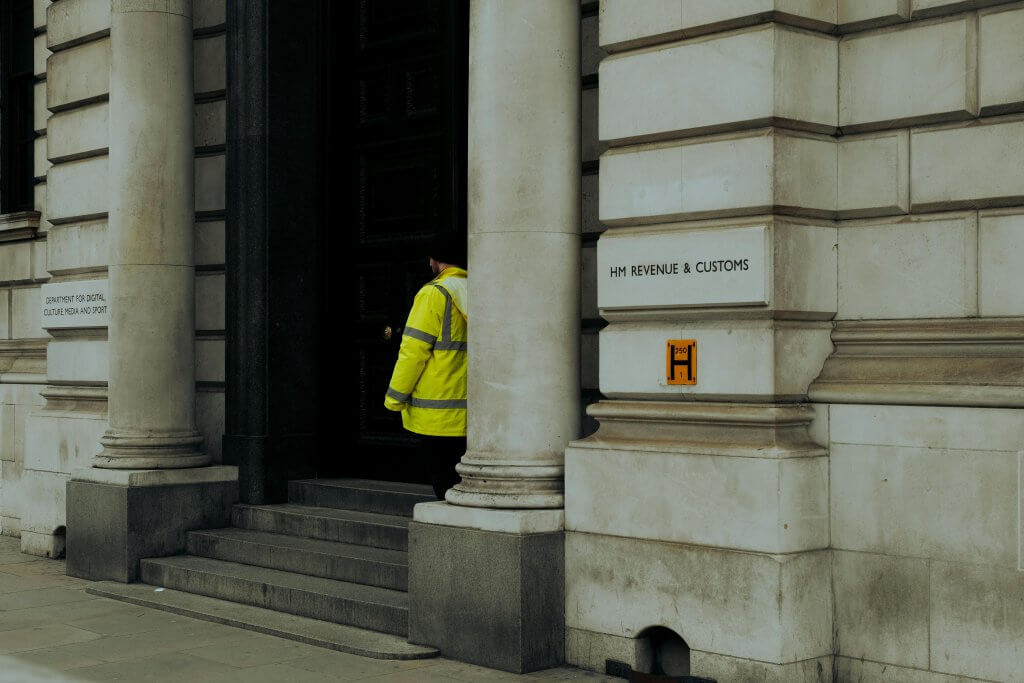When your company is struggling with mounting debts, cash-flow problems and creditor pressure, liquidation might seem like a last resort. But in reality, it can be a responsible decision that helps you move forward without unnecessary financial or legal risk.
Many directors hold on for too long, hoping for a turnaround that never comes. If your business can’t meet its financial obligations, delaying action could put you at risk of personal liability. Understanding your options early gives you more control over the outcome.
What liquidation means for directors
Some directors fear liquidation will damage their reputation or prevent them from starting over. But that’s not the case. When managed properly, liquidation ensures compliance with insolvency laws, protects creditors and gives you a chance to move forward without the burden of mounting debts.
Here’s what you should know:
You are not automatically personally liable. Unless you’ve given personal guarantees or engaged in wrongful trading, company debts do not transfer to you personally.
You can start a new company. Many directors successfully launch new ventures after liquidation, even in the same industry. However, strict legal guidelines apply if you plan to restart your business under a similar name (commonly called phoenixing) or take on old contracts.
Your employees may be eligible for support. The Government’s Redundancy Payments Service (RPS) can cover redundancy pay, unpaid wages and holiday pay for employees.
Your professional reputation can stay intact. Making a responsible decision to liquidate rather than allowing debts to spiral out of control is seen as good business practice.
Understanding the legal risks
If you’re considering restarting your business after liquidation, it’s important to understand the concept of phoenixing—where a new company is set up to replace the old one, often taking over its assets, customers or contracts. While this can be done legally, there are strict rules to follow to avoid accusations of misconduct.
You cannot use the same or a similar company name. Under Section 216 of the Insolvency Act 1986, directors of a liquidated company cannot reuse a company name (or a name that’s too similar) without legal clearance.
Asset transfers must be properly valued. If the new company acquires assets from the old business, these must be sold at fair market value and not transferred to avoid paying creditors.
You must act transparently. Any attempt to mislead creditors by setting up a near-identical business without following the correct legal process can lead to director disqualification or even criminal charges.
Because of these complexities, working with a reputable, experienced licensed insolvency practitioner is essential. This will ensure that any attempt to restart a company after liquidation follows the correct legal process, helping you avoid serious consequences such as director disqualification or personal liability.
Start afresh with professional liquidation support
If you’re considering liquidating your company but want to ensure a smooth transition to a fresh start, Start Afresh Liquidation offers a structured, legally compliant solution. This service is designed to help you close your business responsibly while giving you the opportunity to rebuild without the burden of old debts.
With Start Afresh Liquidation, you’ll benefit from:
Expert insolvency guidance. Work with licensed insolvency practitioners who will ensure your liquidation process follows all legal requirements.
Clear compliance and legal safeguards. Avoid the risks of wrongful trading and ensure you meet all obligations under insolvency law.
A path to restart legally. If you’re looking to set up a new business, the process will be structured in a way that keeps you compliant while protecting your future ventures.
Creditor negotiation and debt resolution. The service helps ensure that outstanding debts are managed properly, reducing stress and financial pressure.
If you’re ready to take control of your company’s debts, contact us today to discuss how Start Afresh Liquidation can help you move forward with confidence.
How do you know if liquidation is the right choice?
Liquidation is a significant step. But in certain situations it’s the best option for protecting yourself and ensuring a structured exit. You might need to consider liquidation if:
Your business is insolvent. If you can’t pay your debts as they fall due (cash flow insolvency) or your liabilities outweigh your assets (balance sheet insolvency), continuing to trade could lead to wrongful trading.
HMRC or creditors are taking action. If you have unpaid VAT, PAYE or corporation tax and are receiving enforcement notices, ignoring the issue will make things worse.
Rescue attempts have failed. If refinancing, restructuring or turnaround plans haven’t worked, continuing to trade will only increase losses.
Your stress levels are becoming unsustainable. Running a struggling business can take a toll on your mental and financial well-being. Liquidation can offer relief and a fresh start.
The benefits of acting early
Delaying liquidation can lead to unnecessary stress, increased debt, and potential personal liability. Acting sooner rather than later can:
- Provide legal protection by ensuring compliance with insolvency laws
- Give you clarity on your financial position and available options
- Help you avoid the risks of wrongful trading
- Allow you to exit with a plan in place for your future
Explore your fresh start
Liquidation doesn’t have to be the end of your business journey—it’s a way to close one chapter responsibly so you can move forward. Whether you want to start a new business or take time to reset, planning your next steps with expert guidance can make all the difference.
If you’re considering liquidation and need advice on handling the process correctly, taking action now can help you exit on your own terms and build a stronger future. Contact our licensed insolvency practitioners for free, confidential advice on your situation.




